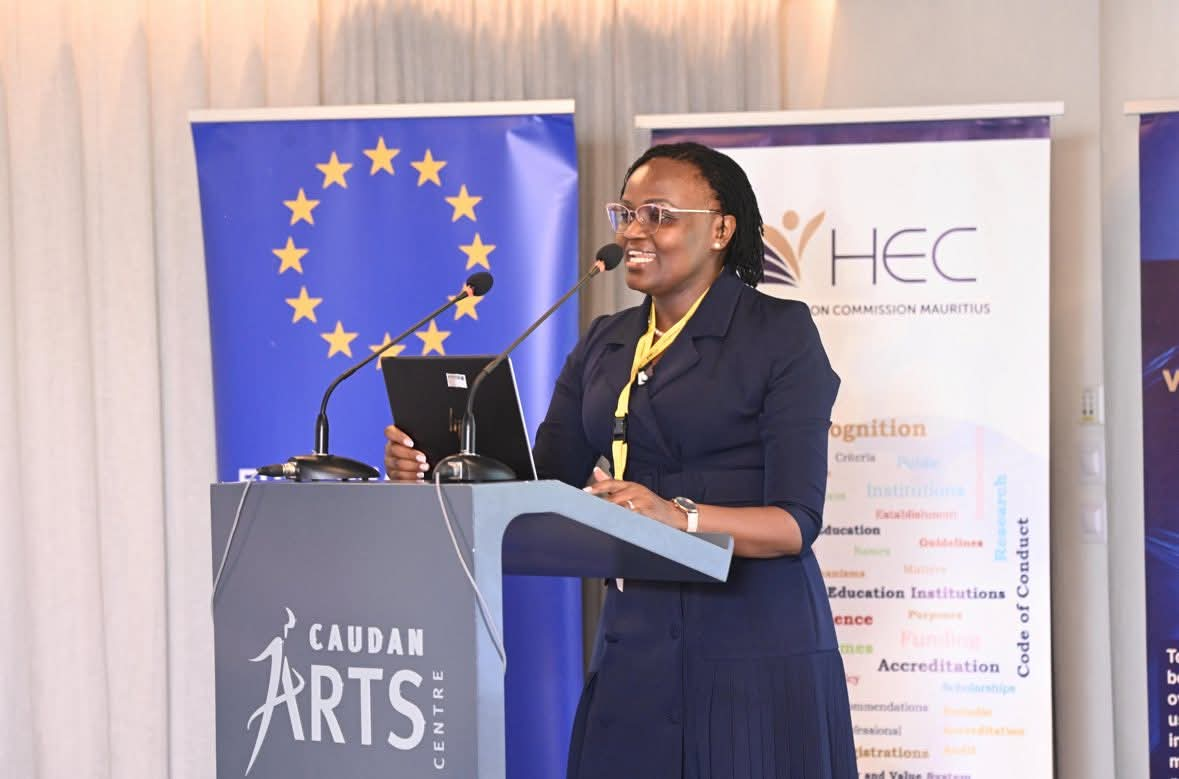
The Kenya National Qualifications Authority (KNQA), led by Chief Executive Officer Dr. Alice Kande, has reaffirmed the government’s commitment to transitioning from paper-based academic certificates to Digital Verifiable Credentials (VCs) that can be securely authenticated through digital systems.
Speaking during the official opening of the Stakeholders Workshop on Verifiable Credentials, Dr. Kande described the initiative as a game-changer for Kenya’s education and labour markets, noting that it will revolutionize how academic and professional qualifications are issued, verified, and shared.
The workshop brought together representatives from the Ministry of Information, Communications and the Digital Economy, the Ministry of Education, and the Tony Blair Institute (TBI), among other partners. The forum sought to build a shared understanding of verifiable credentials and digital wallets, explore global best practices, and outline Kenya’s roadmap toward implementation.
Dr. Kande highlighted that the adoption of Verifiable Credentials will:
- Reduce risks and costs linked to paper certificate issuance,
- Eliminate delays in manual verification,
- Enhance data security and privacy, and
- Promote transparency, integrity, and trust in the education sector.
“The successful implementation of Verifiable Credentials will restore integrity in academic certification, strengthen trust in our labour market, and position Kenya as a continental leader in digital innovation,” Dr. Kande said.
The initiative is expected to serve as a model for regional rollout across Africa, advancing efficiency, credibility, and inclusivity in education systems.







